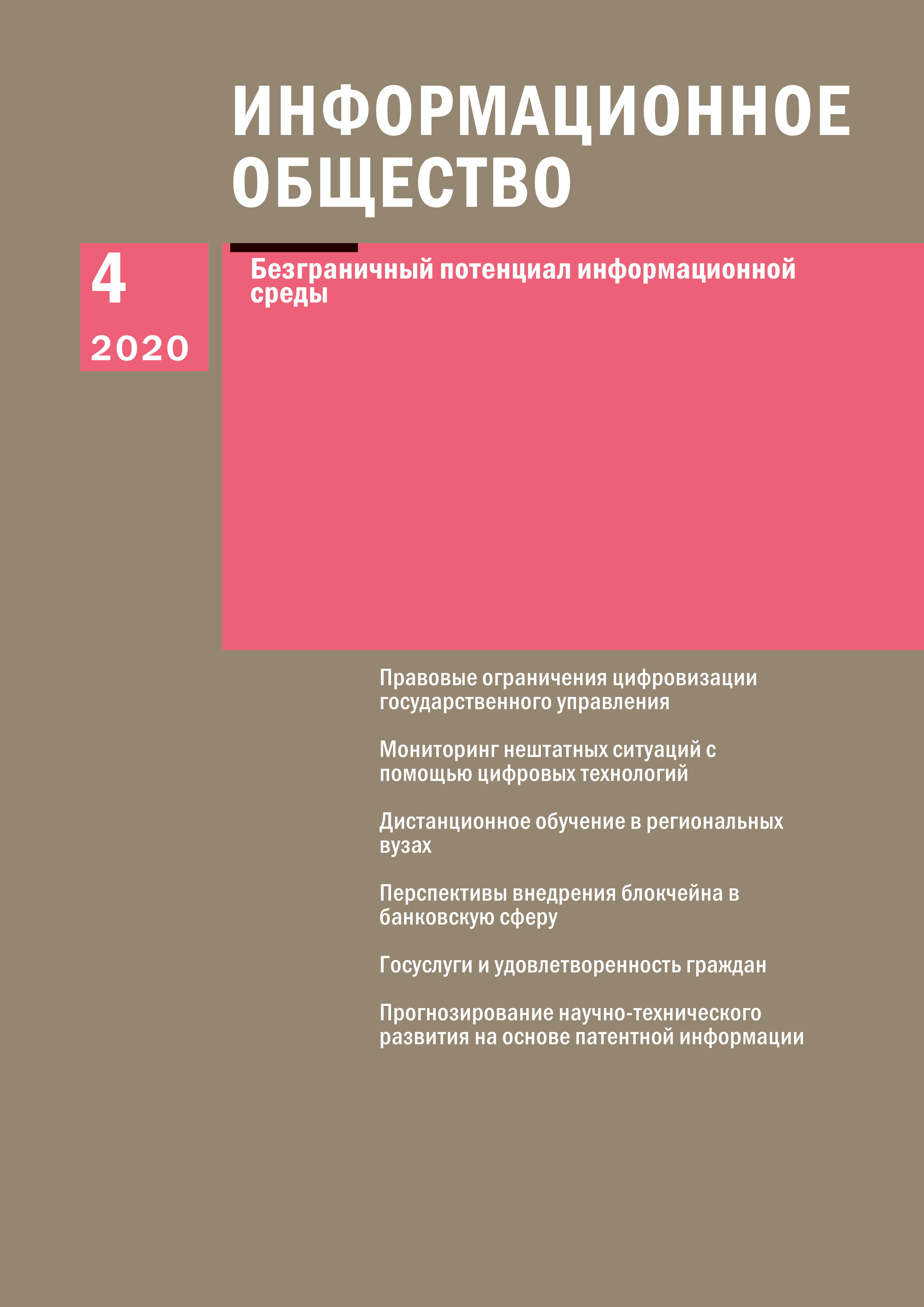E-services evaluation based on citizens' satisfaction
Keywords:
e-government, e-service, citizen satisfaction, multi-criteria evaluation model, public servicesAbstract
The use of a citizen-centered approach in service delivery to measure user satisfaction with public services is currently considered one of the relevant research areas. Citizens' satisfaction is seen as an important indicator of the successful implementation and expansion of e-government projects. Citizens' perception of the effectiveness of e-government depends on their intentions, the actual use of the service and the fact that their continued use is directly related to satisfaction and trust. The results of this study showed that citizens who have experience using the state portal are more satisfied with the e-state. At the same time, it is important to investigate the relationship between e-government service ratings and civic relations, and perceptions that are theoretically interrelated but not empirically verified. This article examines the concepts of quality and accessibility of electronic services, as well as international experience in measuring the degree of satisfaction of citizens and analyzes the literature. The criteria for evaluating electronic services (e-services) based on citizens' satisfaction have been established. The problems of multicriteria assessment of services provided on the basis of citizens' satisfaction with the selected criteria are stated. To assess the services provided based on citizens' satisfaction, a multi-criteria assessment model was used. In a numerical experiment, the selected services were hypothetically evaluated based on citizens' opinions and ranked using the “worst-case” method. The proposed approach allows for a multi-criteria assessment of e-government services, taking into account the criteria of quality and availability. The study shows that the effective development of civil-state relations has a significant impact on the satisfaction of citizens, depending on the quality and availability of e-services.
Published
How to Cite
Issue
Section
Copyright (c) 2020 Фархад Юсифов

This work is licensed under a Creative Commons Attribution-NonCommercial-ShareAlike 4.0 International License.
